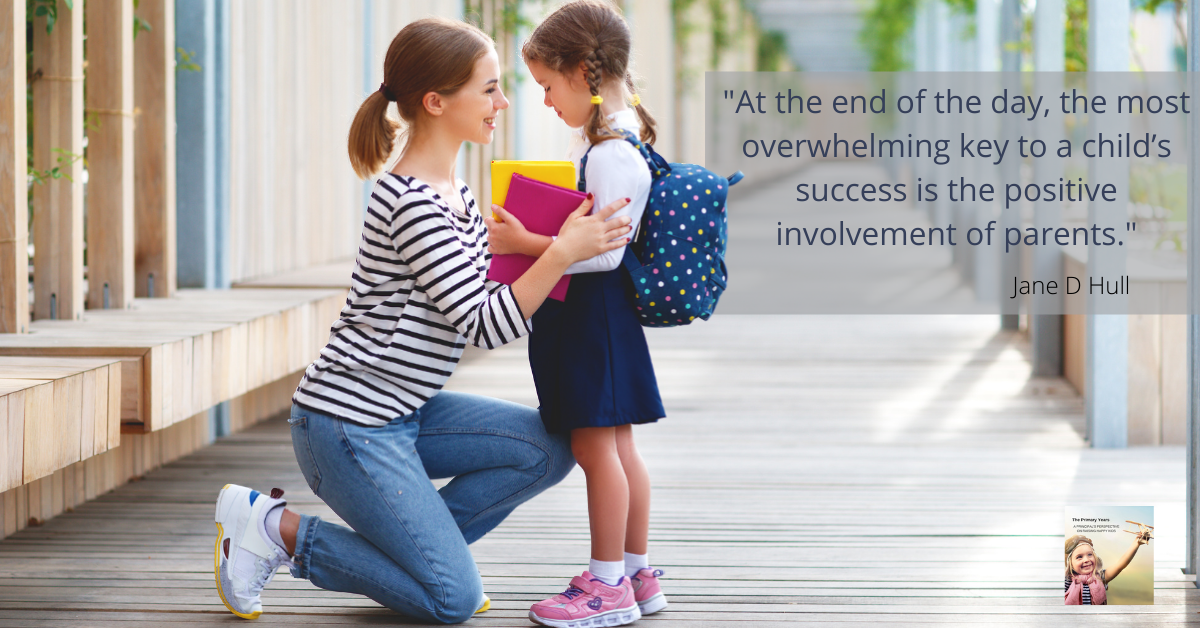A few thoughts on school in the month of May
Hopefully, a routine is now well underway. Children should be very familiar with their teacher and class. Homework processes should be well established and weekly patterns with sport afterschool etc. well entrenched in the family’s life.
There are always changes and challenges in a classroom, not the least of which is the social exchanges that happen between children. This is worth checking in on from time to time. Talk to your child and when in doubt the teacher will have the wisdom and knowledge to know about any incident.
Here are some thoughts to keep the school and home life churning away comfortably in partnership:
Frequently talk to your child about the progress of school. Tuning into school discussion is a way of showing ongoing interest even in the ordinary times.
Keep an eye on homework patterns and remember if the homework is a struggle talk to the teacher, do not resolve it at home. There are many theories about the value or not of homework. It certainly should not be causing family disruption when the child isn’t coping. It is not the role of the parent to take over homework. The ownership belongs to the school.
Attend school information nights or class visits when invited. It is so important to keep up the momentum with your child, that school is important and the information they give out is valuable. Your presence at the school means so much to your child.
Keep an eye on the sleep your child gets during school weeks. As the term progresses, winter creeps in, children can be prone to sickness and fatigue.
Is your child coping with the amount of afterschool activities? This should be looked at in light of their capacity in coping with school, homework etc. More activities do not make for a richer experience. It is all about finding the right balance.
Talk about your child’s friends. Be interested in them. It is most important to a child that their friendships are valued by the family. They rely so much on them for social and emotional support. Your approval adds to their sense of satisfaction.
Read the school newsletter around the family. This is an excellent way to keep in touch and discuss with your child the various aspects of the life of the school.
Use your fridge as a way of talking about school. Put notices on the fridge, refer to them often.
Younger students, especially those in the foundation years get school fatigue after a few weeks at school during the term. Keep an eye on this and certainly, keep them home if they need a small break. Best that they are at school happy and learning rather than developing a sense of sadness and tiredness. Of course, negotiation with your teacher is most important here.
During the school term, it is important to ensure that the life of the school which is such a focus for your child is given high priority in the family. It should not be competing with family demands. This is comforting to your child when they feel that what happens in the day does not stay in the day, it can be discussed happily at night. We want our children to sense a strong interconnection between school and home. They need to see that the learning and life experiences they gain at school which are wide and variable have a real place in the life of the family.
“At the end of the day, the most overwhelming key to a child’s success is the positive involvement of parents.”



















